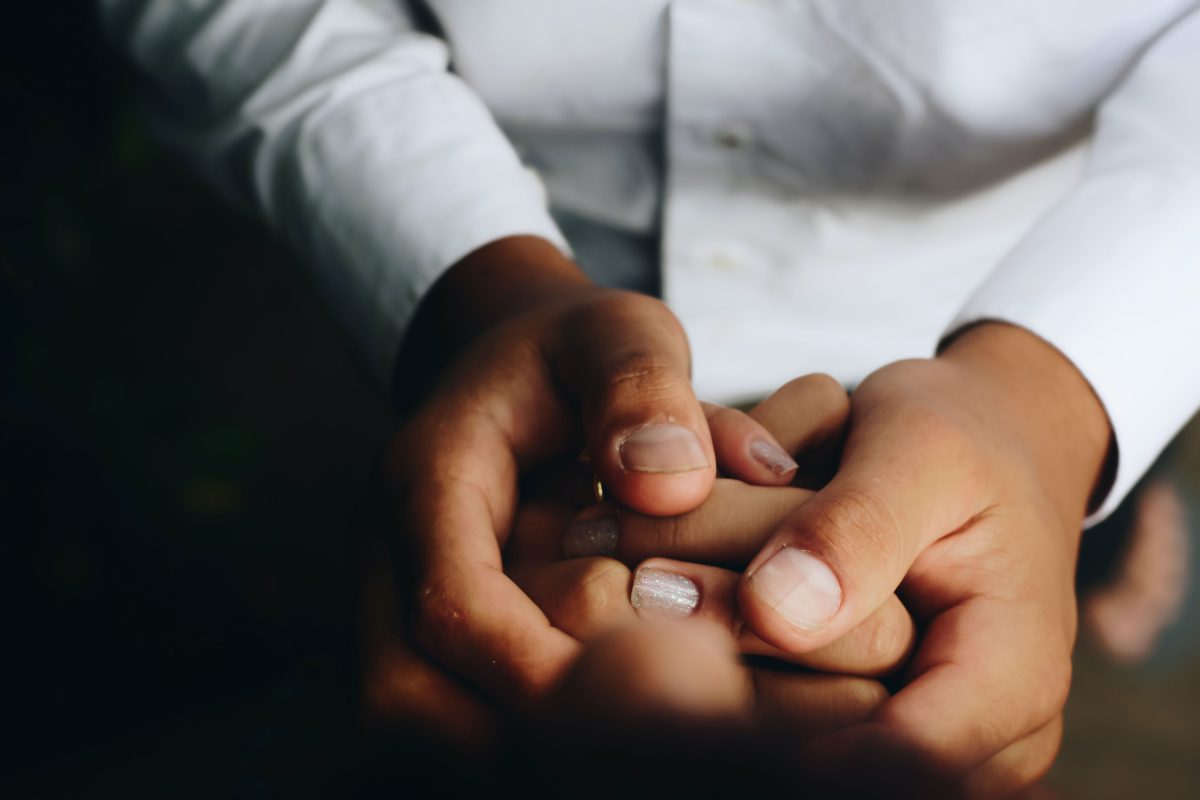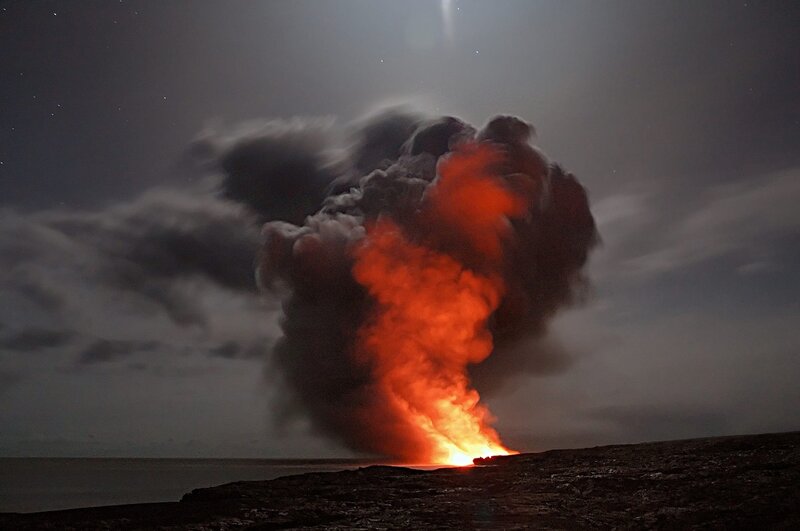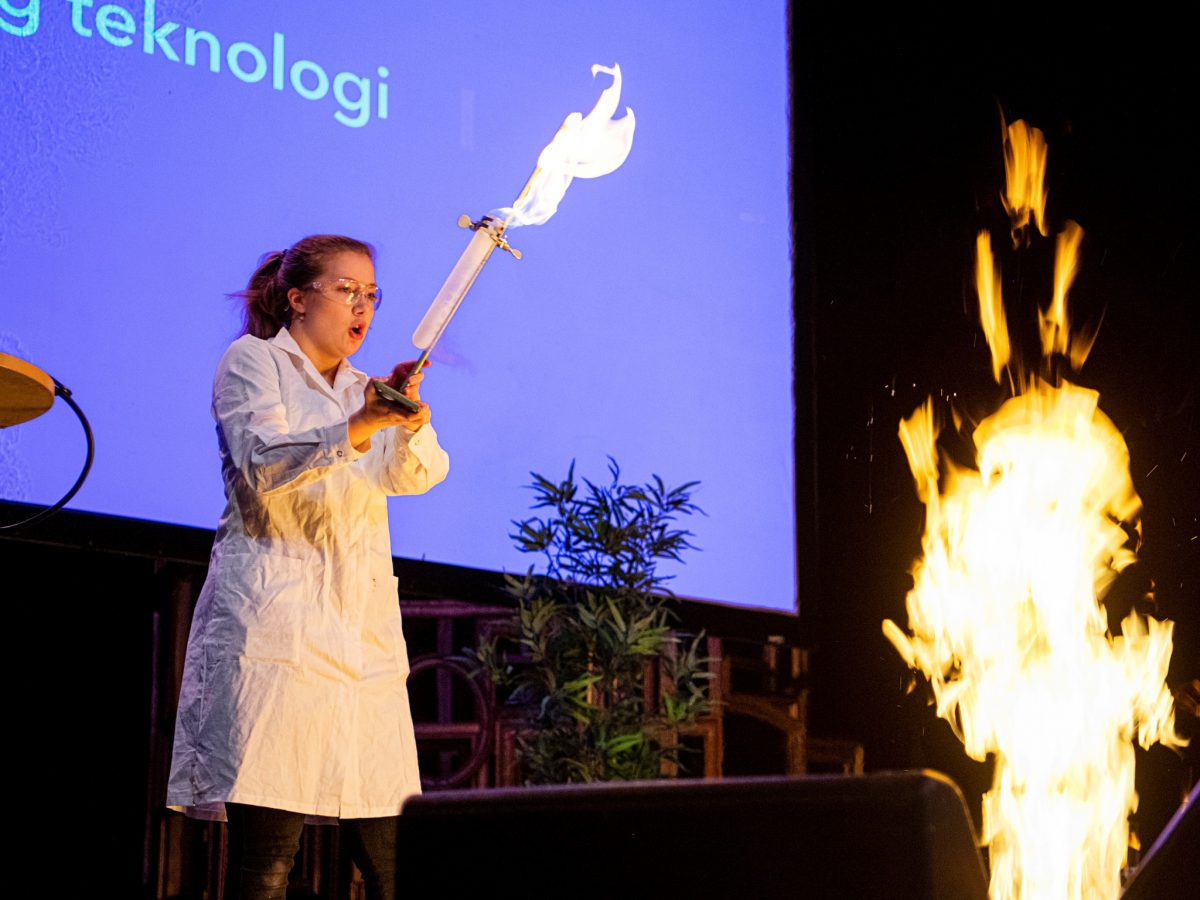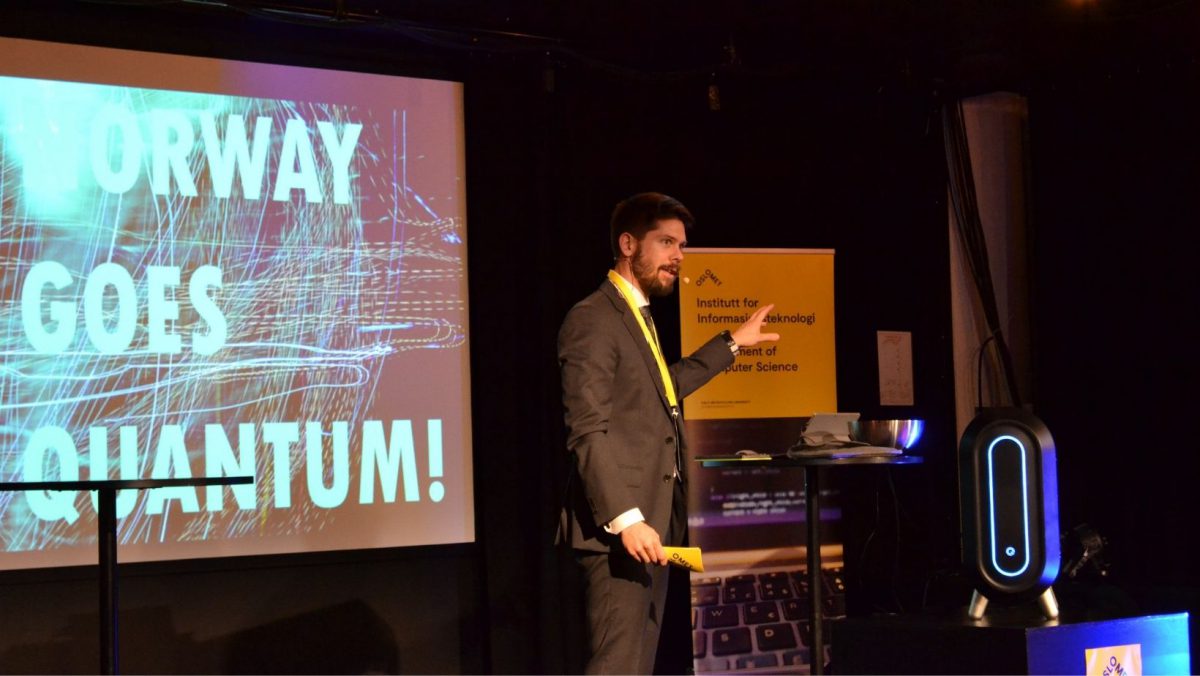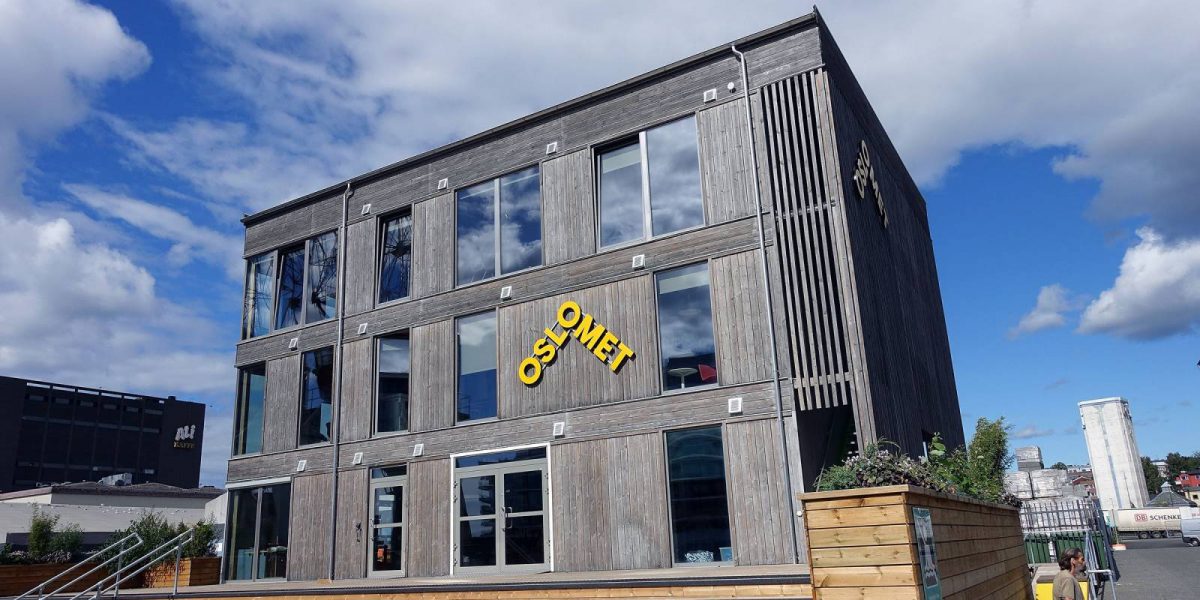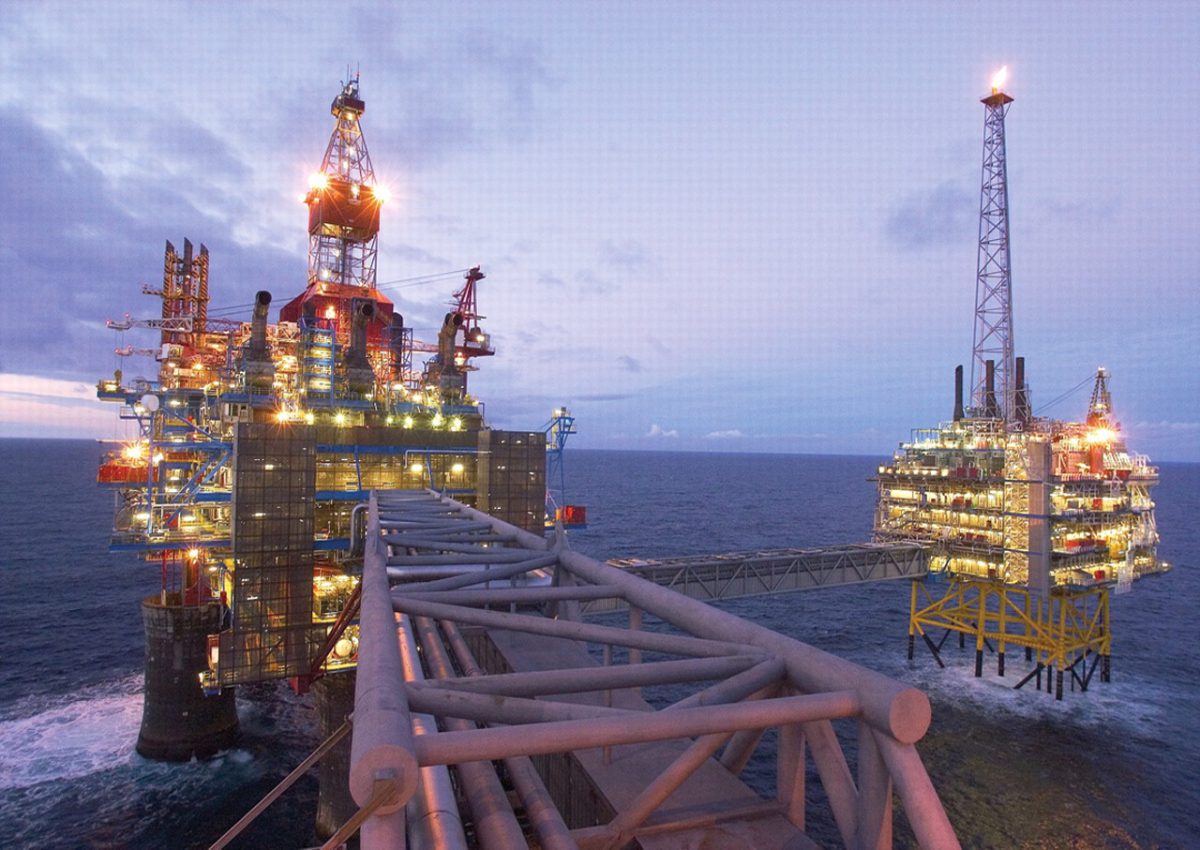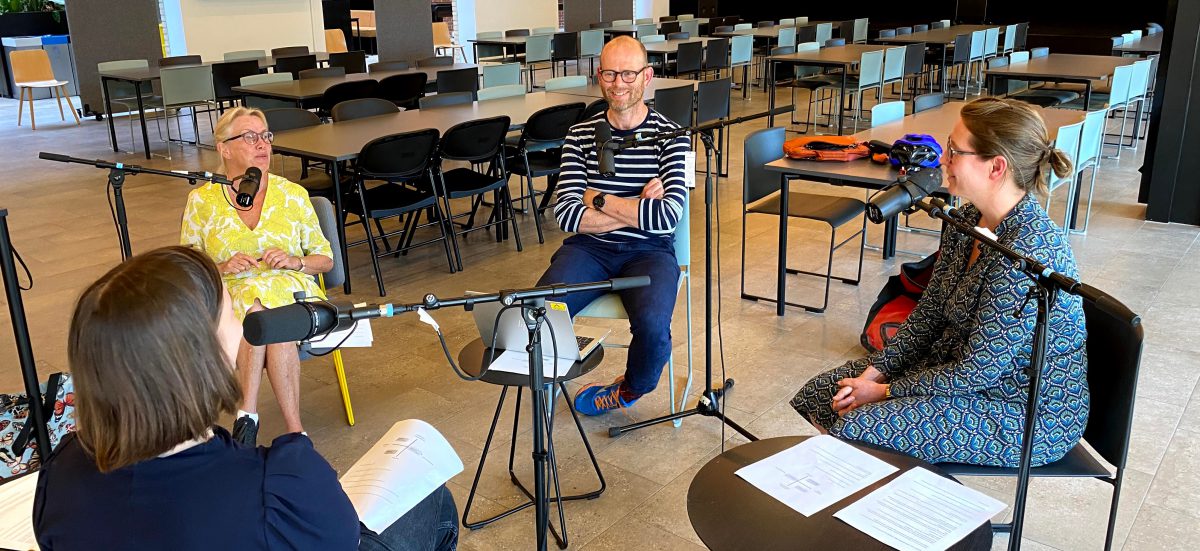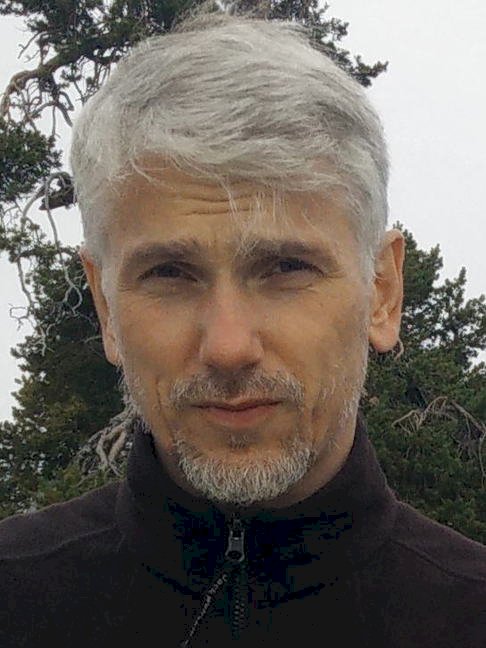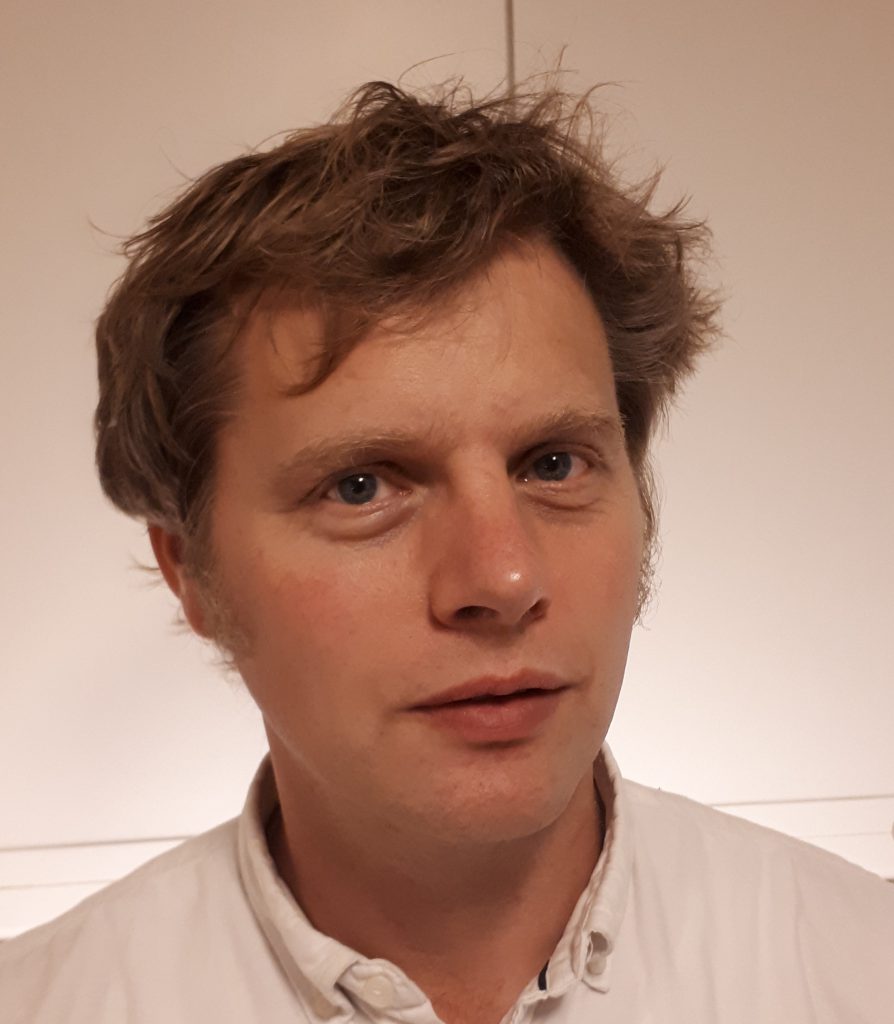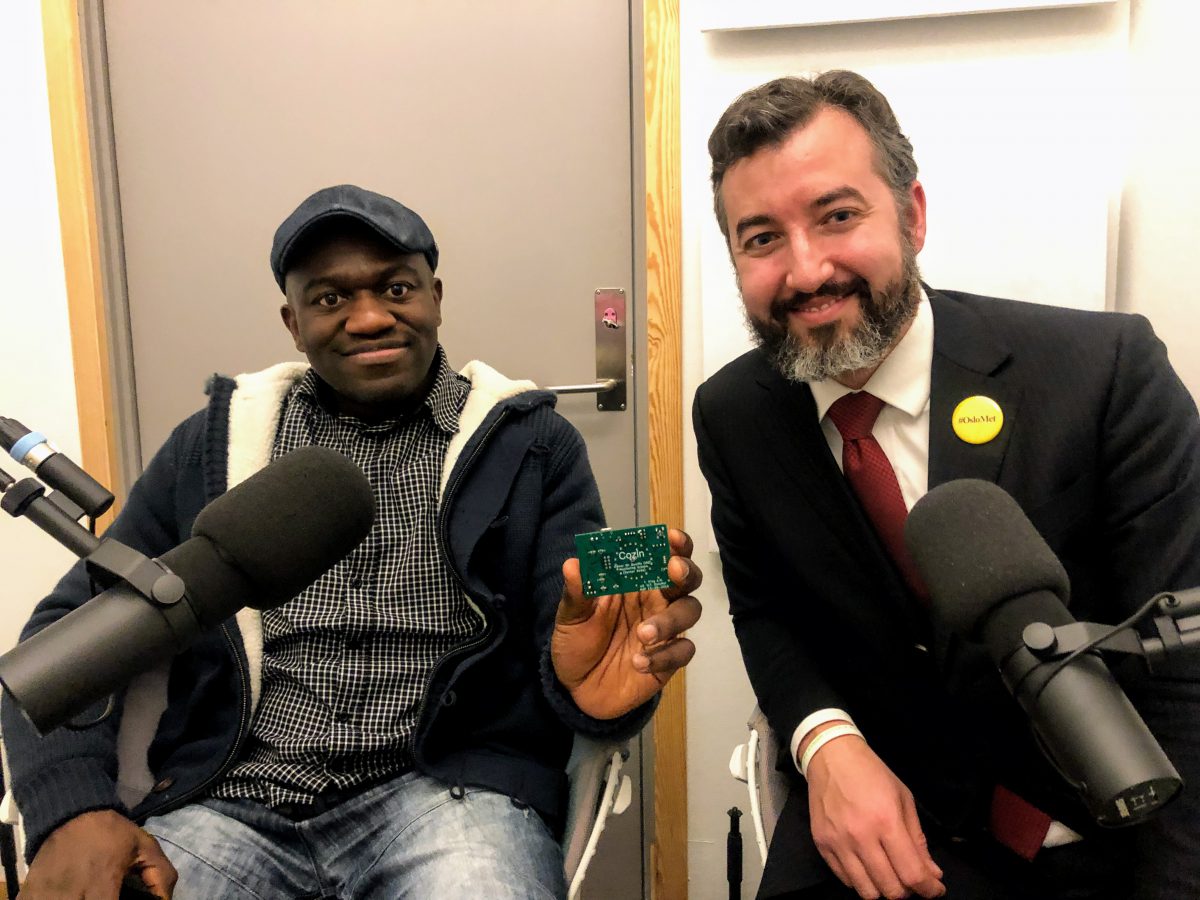Hva er persontilpasset medisin?
Podcast: Embed
I januar la regjeringen frem en revidert strategi for persontilpasset medisin med en visjon om at «persontilpasset medisin er en integrert del av forebygging, diagnostikk, behandling og oppfølging i helsetjenesten med mål om bedre helse og mestring gjennom livet».
Professor Niclas Karlsson og førsteamanuensis Mari Myhrstad gjester podkasten og snakker om hvorfor det er et stort behov for persontilpasset medisin i helsetjenesten.
I samtalen snakker programleder Thea Ørnseidet forskerne om fordeler og ulemper ved bruk av omikk-teknologien som er sentral i utviklingen av persontilpasset medisin.
Rapporten finner du her: https://www.regjeringen.no/no/dokumenter/strategi-for-persontilpasset-medisin/id2959463/
Les mer om Intelligent helse: https://www.oslomet.no/om/intelligent-helse
